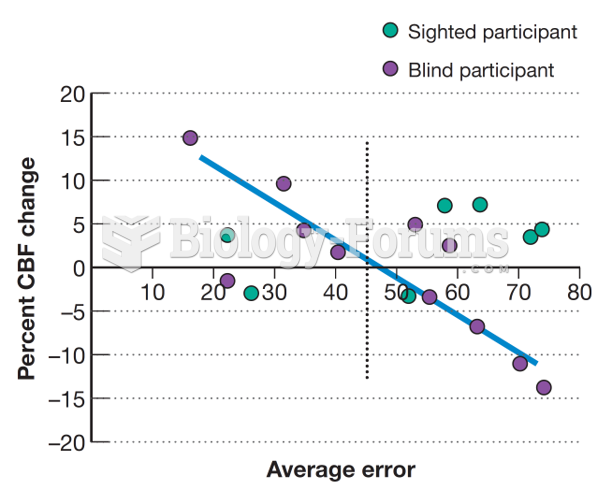|
|
|
Did you know?
Nitroglycerin is used to alleviate various heart-related conditions, and it is also the chief component of dynamite (but mixed in a solid clay base to stabilize it).
Did you know?
The ratio of hydrogen atoms to oxygen in water (H2O) is 2:1.
Did you know?
Most childhood vaccines are 90–99% effective in preventing disease. Side effects are rarely serious.
Did you know?
There are more nerve cells in one human brain than there are stars in the Milky Way.
Did you know?
Human stomach acid is strong enough to dissolve small pieces of metal such as razor blades or staples.







